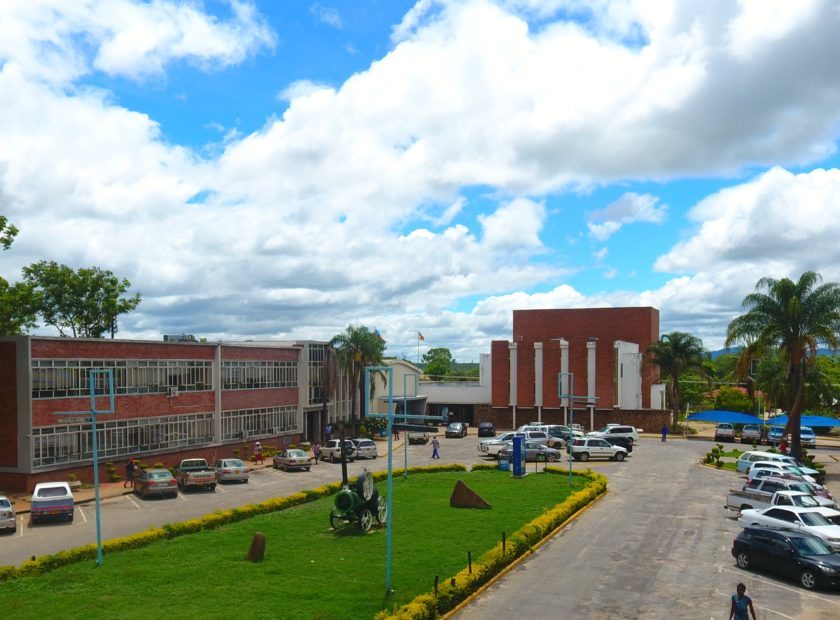DESPITE the impending drought owing to erratic rains this season, Masvingo Province has enough water to sustain it through next year as most major dams are 100 per cent full while others are spilling.
This was revealed by the Zimbabwe National Water Authority (Zinwa) in a statement yesterday
The water authority said while the province had generally received low rainfall in the past four weeks, dams like Tugwi-Mukosi, Muzhwi,Bindangombe and Ngezi are 100 per cent full while others are at an average of 90 per cent with the least being 60 percent full.
“The little rains in the province have not really affected the dam’s storage as most dams are full. The water is enough to sustain irrigation and mining in the province up to the next rain season,” Zinwa said.
The authority revealed that Tugwi-Mukosi is at 100.1, Mutirikwi 98.43, Bangala 99.56, Munjerenji 86.28, Muzhwi 101.02, Ngezi 100.15, Manyuchi 99.78, Mushandike 92.17, Bindagombe 100.00, Tokwane 93.26 Nyajena 89.07 Siya 67.12 percent while other dams which include Musaverema, Magudu, Chivake, Mhende, Tugwane among others are all above 60 percent.
The authority said the water supply was enough for irrigation purposes in the province among other needs.
It however, emphasised the need to use water sparingly to avoid any shortages before the next rain season.
“Some dams are currently spilling, however, there is a need to conserve water and people are advised to continue using water efficiently to avoid any future shortage”.
This comes as Zimbabwe is anticipating food shortages in most parts of the country owing to a poor start to the 2021/22 rainfall season and erratic rains which is expected to result in below-average harvests and only short-lived improvements to food security outcomes.
Typical deficit-producing areas are expected to be mainly stressed as households will only be able to meet their minimal food needs but not their non-food needs.
Some critical areas in parts of Manicaland, Masvingo, Midlands, and the Matabeleland provinces are expected to deteriorate to crisis by July.
Following a period of extended dryness in February, most crops are suffering significant moisture stresses while near complete write-offs are likely for some households in worst-affected areas.
This has prompted the government to lifted maize and wheat import bans and is now allowing the milling industry and stock feed manufacturers to import grain.




